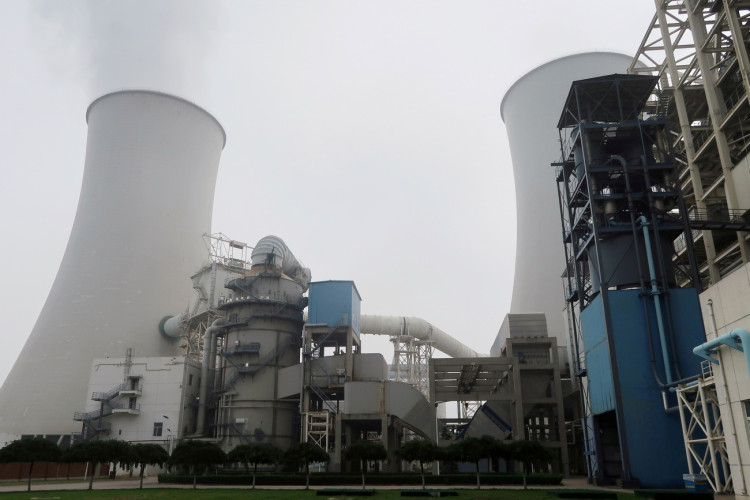The bustling coal business of Australia has ranked the country as the third largest exporter of fossil fuels in the world, next only to economic superpowers Russia and Saudi Arabia.
Australia is responsible for around 8 percent of all fossil fuel world exports in terms of carbon dioxide content, including owning nearly 75 percent of the global coal market, based on studies by The Australian Institute, which has conducted a strict monitoring of the country's measures to fight climate change.
While dissent in regulations and politics sometimes point to the country being to blame for 1.3 percent of global emissions in its own backyard, studies disclose that Australia is not actually a heavy producer of carbon dioxide byproducts compared to other countries.
While the United States and China rank as the globe's leading greenhouse gas producers, the report by the Australian environment body emphasizes the role smaller fossil fuel exporters portray in the sale of fossil fuels to other countries. Australia, also listed as among the largest gas producers, supplies vast regions like Japan, South Korea, and even China.
The global fossil fuels market and export infrastructure plays a huge part in the lock-in that causes a rise in emissions, and the effect is usually take for granted in most climate change discussions, the Australian case study reveals.
Australia's coal exports have climbed more than 50 percent between 2000 and 2015, and currently, cover almost 31 percent of the world coal business. Exports of liquefied natural gas, for instance, has tripled in the same period to 7 percent and continues to grow.
In terms of pollution created by the country's domestic greenhouse gas, Australia produces 1.3 percent of the global emissions, the AI study confirms. Local emissions have also been on the rise during the past few months, as a volume of huge gas projects are developed, while new coal-fired facilities form the backbone of the country's power supply.
Being one of the prominent members of Pacific Islands Forum, Australia supported calls for other nations to create and publish long-term low emissions plans by 2020. Forum sources said this may include a determined approach and sincerity to hit the target of zero-emissions by 2050.
Meanwhile, Australian Prime Minister Scott Morrison bared that the country will reach its 2030 goal of cutting down carbon emissions it agreed upon in the Paris Agreement, although they have no clear agenda to hit this goal. Morrison's administration has been a staunch advocate of the fossil fuels industry, which includes supporting Adani Group's Carmichael Project, expected to open a new mining site Down Under.






